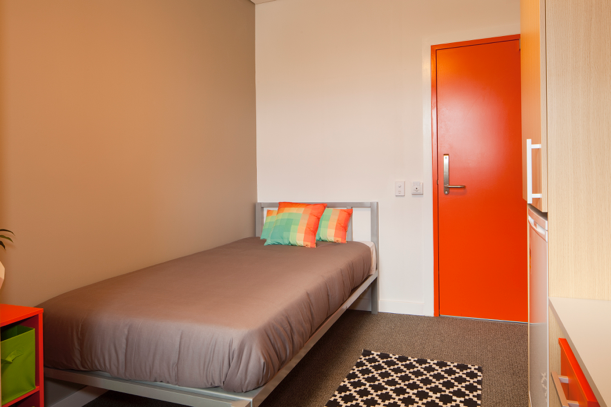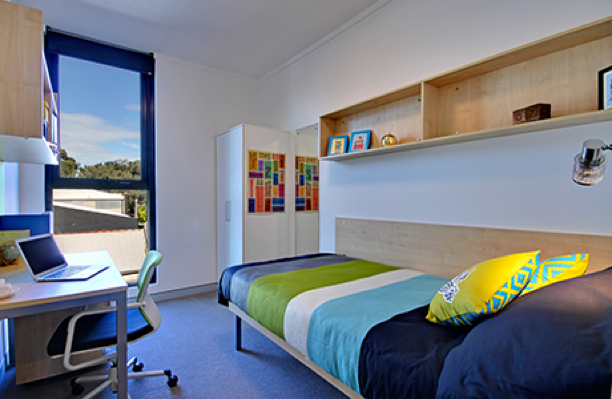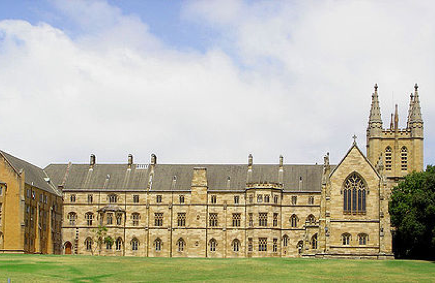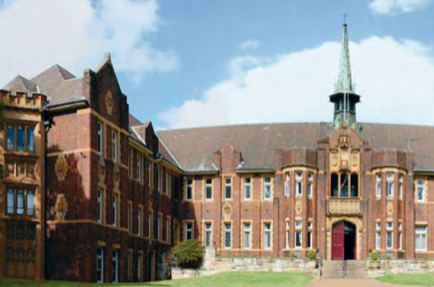Accommodation:
Most Australian students live at home with their parents while attending university. Students do not travel away to attend university unless they live in rural areas where there are no universities. This means that there isn’t an “American-style” dorm life. Hence, many of the students who live on campus are international students.
Exchange students largely live off-campus (on-campus housing can be tough to get), and sometimes in residential colleges or university-affiliated housing. Students report relatively favorably about International House and Sydney University village, but they can be expensive. Urban Nest has been mentioned by the U. Sydney International Office as easy, cost effective, and convenient; they are located on the city side of the campus and offer a discount rate for short term students.
Off-campus share house: You can use these websites (http://www.gumtree.com.au/ and https://www.flatmatefinders.com.au/) to find a place to in Sydney
Some of the recommended places are Railway Square Hostel and WakeUp Hostel - both are right by the Central Station.
Sydney Uni also has an online database you can search once you accept your offer and get your online log in information. This is a fairly simple process as Sydney has many share house options that attract young travelers and Australians alike. Rental rates in Australia are usually listed by the week, not by the month.
- Pros:
- This is usually the cheapest option with the most freedom and your own room.
- Kitchen/cooking facilities and common areas are adequate
- There are hardly any rules and restrictions with guests
- Good roommates can become close friends and introduce you to their friends. If they are Australians, they may know good places to go and can generally ease you in to the local life.
- Many students felt that getting the housing they really wanted was worth any inconvenience.
- Cons:
- It may be challenging to set up off-campus housing before arriving in Australia as it is most advisable to tour the place and meet your roommates before committing to a living arrangement. A bad roommate can drastically affect your quality of life!
- You need to be careful with the lease as it may be longer than you need.
- You may also have to activate the necessary utilities (phone, water, electricity, gas).
Flying Chalks’ tip:
- Read the contract thoroughly before signing, especially with regard to any penalties involved in canceling the lease early.
- If you are arranging this type of housing in advance, be sure to check with the host university about its real distance from your host university
For on-campus housing, you have two options: self-catered student housing and fully-catered residential colleges. You will learn more about these options during the application and acceptance process. You can sign up to live there before arriving to Sydney. For more, see page 30 of this guide.
Student housing (on-campus)
- Pros:
- You can set up housing before you leave and likely move straight in when you arrive.
- It is close to campus.
- Likely to be cheaper than residential colleges (though still more expensive than off-campus housing). Some also provide extra facilities, like computing or Internet connections.
- Your neighbors will be students like you.
- More freedom from having fewer required or expected activities than in the residential colleges.
- Cons:
- Some (not all) are poor in value-for-money with its small rooms, cumbersome and unresponsive management, inadequate cooking facilities (e.g., a hotplate), extra charges for phone, Internet, and laundry, etc.
- There may also be rules (curfew, noise, guests) that are imposed by management without consultation.

Queen Mary Building

Urbanest Cleveland
Residential colleges (on-campus)
- Pros:
- You can set up housing in a residential college before you leave your home country, and likely move straight in when you arrive.
- Almost all residential colleges are very close to campus, if not on-campus.
- Almost all students will have a room to themselves.
- Most provide academic facilities, like computing, support, tutoring, and general help learning about bureaucracy, available facilities (library, gym, banks, etc.), public transport, places to go, and special deals. Nearly all also have social, cultural, and sporting programs, which are mostly good or outstanding.
- Cons:
- Residential college is usually the most expensive option.
- Often, its residents are international students, which makes meeting Aussies difficult.
- There may be rules or restrictions that you do not like.
- You may encounter “Fresher” initiation during O-Week.

St. John's Residential College

Wesley Residential College